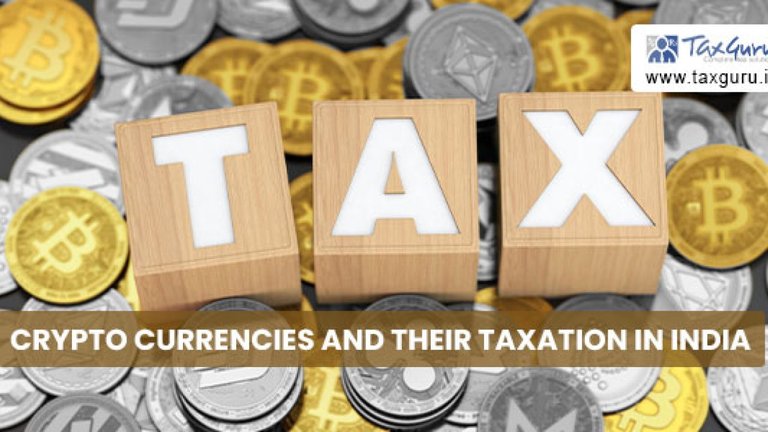India's decision to bring some legitimacy to cryptocurrency transactions by taxing profits and trades has become a nightmare for the industry. The decision to tax transactions was first welcomed as a great decision because it was compared with the scenario of an outright ban. However, now the industry is realizing that it is eating into its profits.
The most prominent members impacted by the tax decision are centralized cryptocurrency exchanges. A 1% TDS eats into the profits of players who deploy automated trading strategies and trade based on small profits but huge volumes. The overall value traded hence becomes quite high and it leads to great commissions for exchanges. However, with a TDS as high as 1%, a High-Frequency trader or short-term oriented Algo-trader has been pushed out of the market. Their trades can no longer make money.
The industry has been quite vocal on Twitter. The VCs who have bet on exchanges are also worried that their financial and return projections will not materialize if the taxation continues. The Indian government says it implemented the transaction tax to track cryptocurrency trades. Why would the government be interested in tracking these trades is a question to be dealt with later. However, as the industry points out, tracking could have been done with a small TDS of 0.01% which would have helped achieve the government's objective without hurting exchanges. Moreover, international exchanges and decentralized exchanges do not have to charge TDS. There it is likely that India's trading volume moves offshore, as a result of the government's policy.
The government will eventually be forced to rethink the tax rate since it will also hurt their own tax revenues. For now, the industry is trying to get the government to listen to them. What the industry is asking for is a winning scenario for investors, traders, exchanges, and the government.
As I had opined a few months ago, it is now clear that India wants to move in sync with the rest of the globe as far as crypto legalization is concerned. Close sources to the government have indicated that there will be no law regarding cryptocurrencies in India till major economies in the world make a move towards crypto legislation.
The problem with any one country forming legislation is that there is no universal set of laws about this asset class and therefore implementation of laws becomes challenging. For example, AML laws are pretty standard across most jurisdictions. If India decides to ban Bitcoin for example, and the world goes ahead and makes it a default reserve asset, then India will have to tweak its legislation. Moreover, no country wants to step out of an innovative field. Even CBDCs fall under the same problem. This entire asset class is too new for lawmakers. Governments have so far not been able to regulate giants from the web 2.0 era.
Overall, this is a pretty good situation for Indian investors. Taxation has provided the needed legitimacy to invest in this space and any penalizing law won't materialize till the world agrees on it. That is certainly not going to happen and the US and Europe have been quite open-minded about this innovative space.
Posted Using LeoFinance Beta




